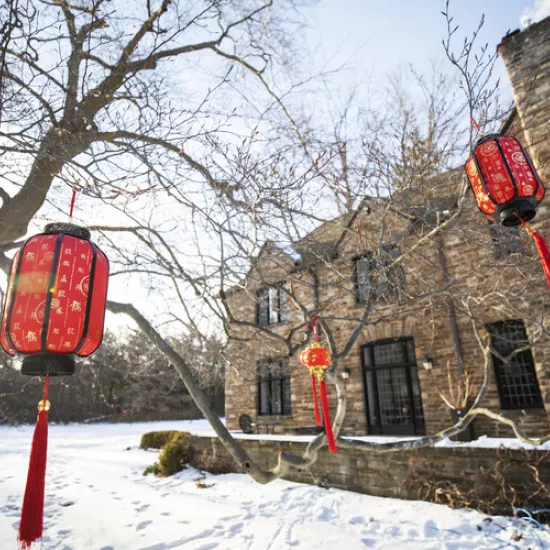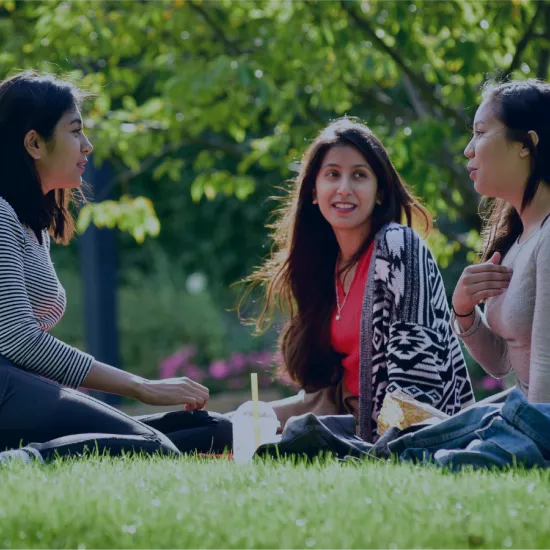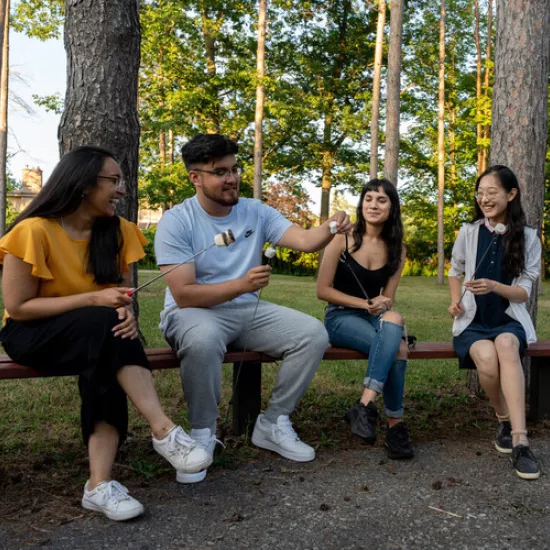Our department offers various types of experiential learning opportunities.
Students have the opportunity to attend courses at an institution outside Canada, while learning about a new culture and forming lasting connections through Study Abroad experiences.
Click above to see experiences relevant to your area of study.
Students can gain work experience in fields related to their areas of study through an internship. Credit can be obtained for select placements.
Academic Internships are designed to supplement classroom learning with practical work-based experience. Upper-year undergraduate students can apply specialized knowledge acquired in their field through a 100- to 200-hour work placement for academic credit.
Read more about internships.
Students who become mentors support international students one-on-one as their mentees adjust to university life.
Read more about IMACC.
ROPs provide an opportunity for students in second year or above to develop transferable skills and apply research techniques as they get directly involved in the current research of a faculty member. Students will also earn course credit for their work. Bursaries may be available for students enrolled in an ROP.
Please visit the Experiential Education Unit website for details.
FSGs are peer-led study sessions that are specific to particular courses. Upper-year students can apply to become FSG leaders through the Robert Gillespie Academic Skills Centre (RGASC). Students accepted as FSG leaders may also apply for enrolment in EDS325H5 for course credit and/or apply for notation of their experience on their Co-Curricular Record.
Read more about FSGs.
Students can get involved in student-led clubs and organizations in and outside the campus community. For example, ÉFUTM, UTM ISA and LSAS often lead conversation circles and language practice sessions. There are also opportunities to attend concerts, food tours, and participate in other community events.
Periodically, paid positions are available within the department to work with staff and/or faculty members via work-study positions or research assistantships. Work-study opportunities are posted on the CLNX website (select Jobs & Recruitment, then Work Study, then Work Study Jobs), and applications are accepted via the website. Students interested in working as a research assistant should inquire with faculty directly.






